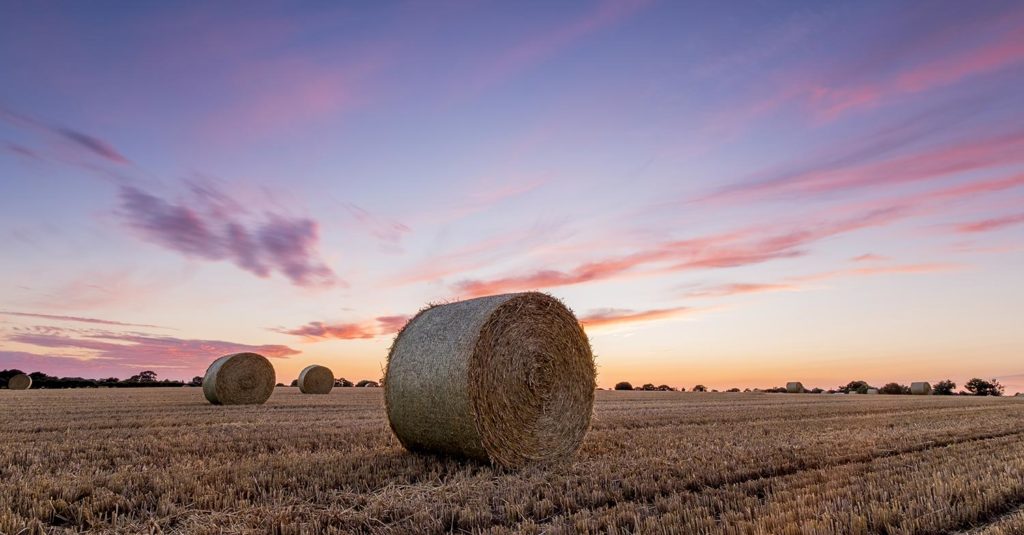If I sell my land now, can I still have a second bite of the cherry later?
The appetite to sell greenfield/rural land to a developer, or agree with a developer or promoter to build on such land, is as alive now as it ever has been, particularly on the edges of existing developments where infrastructure and services already exist.
Rural landowners and farmers nowadays aren’t just engaged in traditional farming but tend to be better seen as rural businesses. As all businesses do, rural landowners tend to frequently weigh up how to get the best returns from their assets, and sometimes selling land for development can offer the best return.
Selling land for development can also provide an attractive opportunity to ring fence a pension pot or future wealth for family, or perhaps fund an improved lifestyle.
How overage works… The normal course is to agree to sell land and then ask for an additional payment (an ‘overage payment’) to be made at some particular point in the future if and when the project progresses. Common triggers for the additional payment are the grant of acceptable planning permission, implementation of the same or a disposal of the land and/or properties built thereon.
Overage elements of a sale/purchase are commonplace nowadays, partly due to rising land prices and the potential for development and well documented housing shortages. Indeed historically overage may have been negotiated for fear of otherwise being held up as the deal having missed something and cries of negligence. Overage does very much have its place though if used wisely. It can be a valuable tool to enable you to take the benefit of what could be a very substantial increase in the value of your land. However overage can be complex, expensive and sometimes disputed. Once overage is agreed, the possibility of future payments needs to be protected and a structure needs to be put in place to ensure you actually see the money.
Tip… A key factor to bear in mind if considering overage, and to mitigate delays and increasing costs as much as possible, is to ensure your land agent is experienced at negotiating overage provisions, with as many details as possible agreed before reins are handed over to your solicitors to draft the documents. Involve your solicitor as early as possible to ensure all the details have been thought through. We see deals where costs can increase rapidly when details aren’t hammered out at the outset.
Tip… Ensure that there is clear agreement between you and your buyer before the agreement is completed. This may sound obvious but the complexity of formulae used in arriving at the overage sum can mean parties are not completely clear on what their liability may be (the overage is usually some measure of the increased value of the land following the grant of relevant planning permission less agreed costs of the project).
Other options… There are other options to consider if you want to take a second bite of the cherry, and reap the rewards of having once owned land which is later developed, which need not include overage and are becoming more popular now. In some cases, sellers simply incorporate potential overage into the selling price. The ultimate sum may be less, but it is certain and immediate, and complicated tax issues can be avoided. Other options are using conditional contracts to defer payment and granting options.
If you want to make the most of selling your land, speak with your professional advisors at the outset – there are lots of options but knowing which is right for you can be tricky.
Rebecca is a Fellow of the Agricultural Law Association, member of the Suffolk Agricultural Association, Steward at the Suffolk Show and the Treasurer of the Suffolk branch of the Game & Wildlife Conservation Trust. Legal 500 2019 edition highlights Rebecca as a Next Generation Lawyer.
Tags: A&E, Agriculture and Estates, Farm Land, Land, Landowners, Overage, Rural Land
How can we help?
If you have an enquiry or you would like to find out more about our services, why not contact us?

